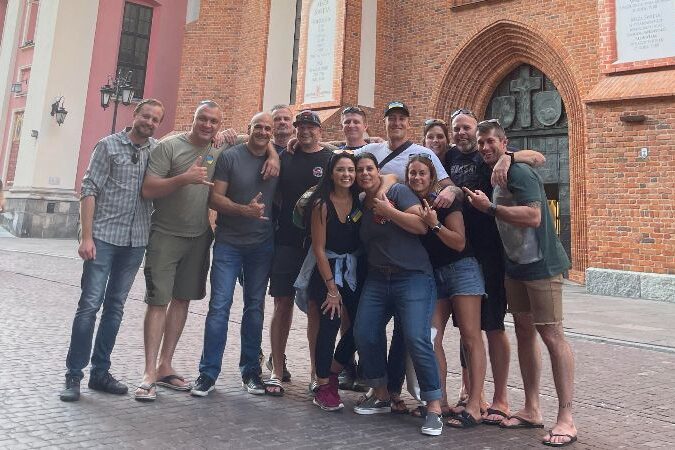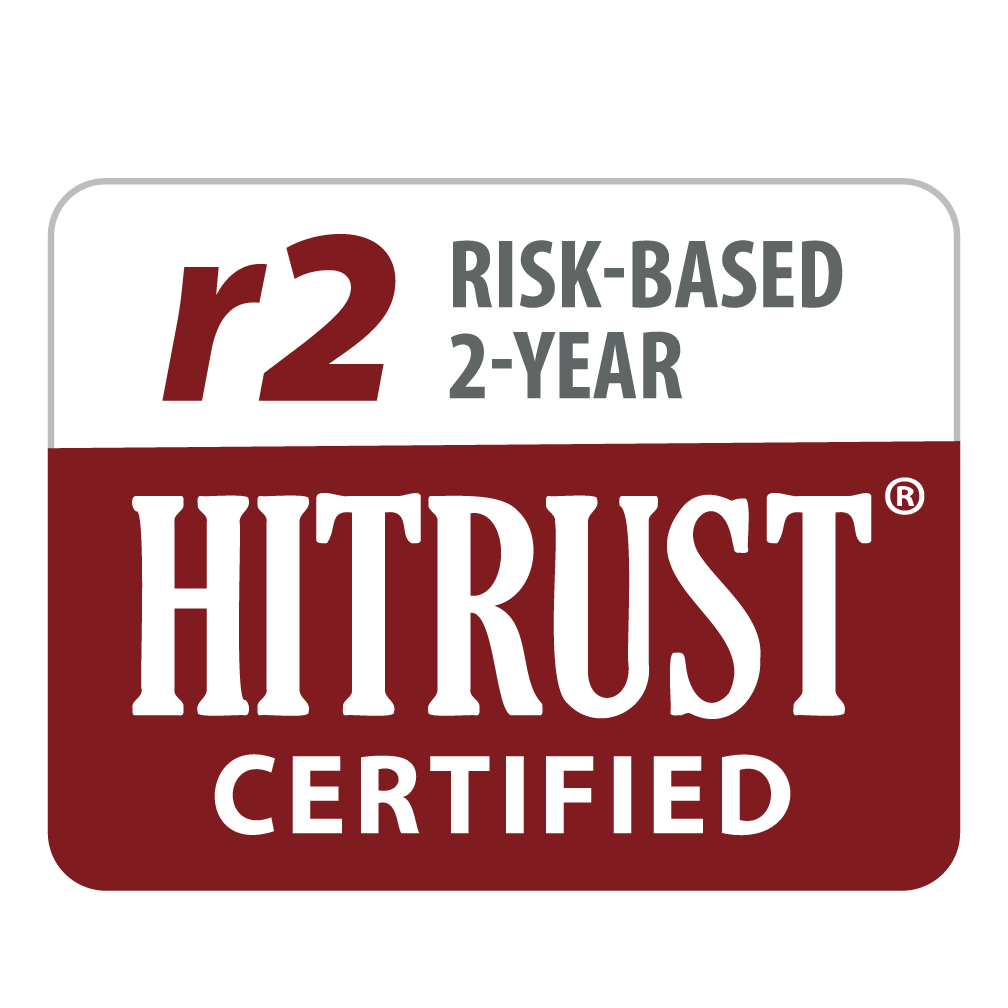Command Counseling Center
We are excited to highlight Command Counseling Center (CCC) in this Spotlight edition. Keep reading to learn more about CCC and the meaningful work that is being done with first responders in Florida.
Marie Guma is the Founder and President of CCC headquartered in Wellington, Florida. Ms. Guma founded CCC in 2019 and together with her team is working with fire and police departments in Florida to provide psychological services to first responders who experience significant trauma and PTSD as part of their daily work. CCC uses the CAT-MH® to assess baseline measurement for their clients and longitudinally measures the effectiveness of ongoing treatment. View the video below to learn more about CCC.
Recently, Marie was invited to work with the volunteer participants of Project Joint Guardian on a trip to Poland and Ukraine. Project Joint Guardian is a non-profit made up of firefighters from around the world raising funds to bring equipment and train their Ukrainian colleagues in urban search and rescue and recovery training. Marie joined a mission with Project Joint Guardian consisting of firefighting volunteers from Australia and the United States in July of 2022.

Why and when did you establish Command Counseling Center?
For 6 years, I listened to first responders’ feedback on how the mental health industry was “not working”, “broken”, and “not compatible”. In January of 2019, CCC was born as a passion project and an idealistic program created from the first responders’ feedback. What I learned from my experience and education in mental health and my immersion into the first responder culture would work to reduce the nonsensical suicide rates among these populations. I presented CCC to many Fire Chiefs, and although they liked the program and its mission, it was logistically seen as an impossibility. They never thought a city administration would pay out-of-pocket for services they were getting through insurance. In October of 2019, Alvis Fernandez, a firefighter from Boynton Beach Fire Rescue took his own life after his department tried every avenue available to them. For 3 days, I visited Boynton Beach Fire Rescue’s stations with an IAFF peer support group out of Miami and Orlando and felt the broken hearts of every firefighter and paramedic I saw. On the first day, our first station was Alvis’ station and shift. Since I am not a peer, I usually just introduce myself and sit quietly in a corner in these situations. One of Alvis’ fire brothers stood up, looked, and pointed right at me and asked, “Why did he do this?” I responded with what we know in the psychological world about suicide and this seemed to bring some ease to the room. The Union President who was taking us to the fire stations asked me to repeat those comments to all the other stations for the next 3 days. On the third day, he said “Marie, we need you here.” I sat with him, discussed the CCC, and recreated it into what he thought the City would approve. The city approved our services for the fire department and was asked to include the police department in less than a year.
How did you come to meet Derrick Rolfo from Project Joint Guardian?
I met Derrick Rolfo from Project Joint Guardian on a podcast named Laughter Saves Lives.
How does using the CAT-MH® benefit the first responders that you serve?
The exposure that first responders have to mental health is usually within the extreme realms of severity. Chronic disorders and human beings are on their absolute worst day and moment. The CAT-MH® has educated first responders on the broad spectrum of mental health. It has helped first responders dissect, define, and identify their feelings. The CAT-MH® has also enabled first responders to identify their triggers and connect them to their maladaptive behaviors. The CAT-MH® has benefited CCC’s therapists by being able to assess if the modality of treatment is affecting the underlying psychological issues of their first responder clients. This gives us the ability to either change modalities or change a specific responder’s therapist early in treatment. Personally, it gives me the ability to see which therapists are having the greatest impact on first responders. Lastly, we can give non-identifying data to the departments on the overall mental health of their first responders. Therefore, we are not just saying that we are having an impact, but have actual data to back our statements.
What are some unique insights you have gained working with thousands of first responders?
Most first responders individually and behind closed doors accept that mental health is important. They do not openly discuss this topic because they still believe that they are in the minority, which I have found is not true.
I have learned: Certain “shoulds” that we are taught in school are the reason why first responders are not connecting with their therapists. It takes a certain type of personality in a therapist to be able to connect with first responders. If you were not exposed to or understand the first responder culture, it is challenging to treat this population. First responders expect the psychological world to respond with the same sense of urgency that they respond to in their work life. The majority of first responders need someone that they can connect with and trust, then they begin to open up and share. Many first responders and therapists are very similar when it comes to selfless giving and helping.
Share Your Story
Do you have a resource, announcement, or story that you would like highlighted on our website and in our monthly newsletter!
CONTACT US
